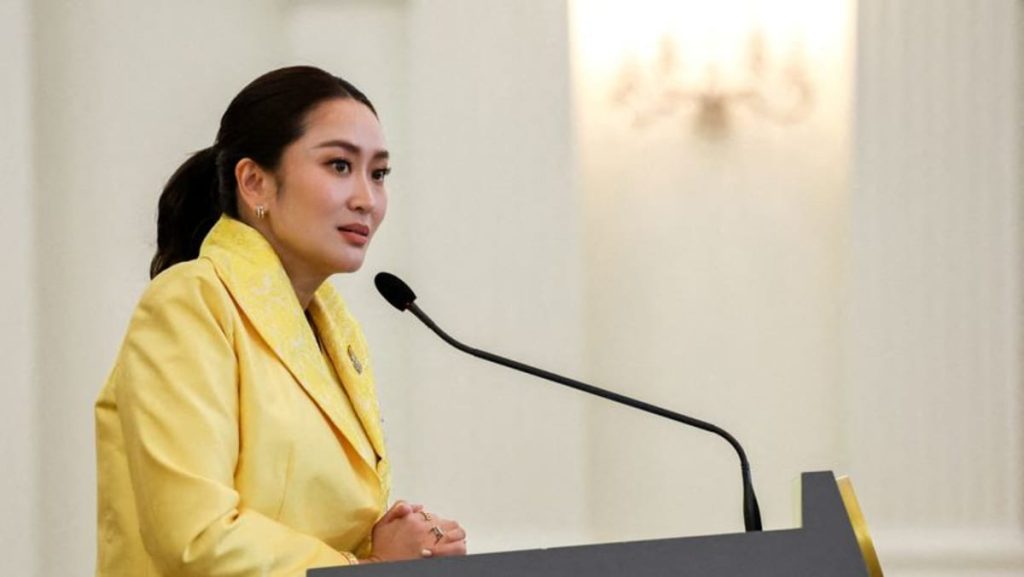Thailand’s Prime Minister Paetongtarn Shinawatra emphasized the importance of ASEAN in resolving the ongoing civil war in Myanmar during an event in Bangkok. The country has been in turmoil since February 2021 when the military ousted the elected civilian government, leading to protests and armed rebellion against the ruling junta. Paetongtarn stated that ASEAN must play a crucial role in restoring peace to Myanmar, and Thailand will collaborate with Malaysia, the upcoming ASEAN chair, to use diplomatic means to address the conflict. She also offered Thailand’s services as a mediator to facilitate dialogue between the parties involved.
Despite efforts by ASEAN to bring about peace through the Five Point Consensus, progress has been limited since its introduction in April 2021. The junta in Myanmar has been reluctant to engage in talks with its opponents, dismissing them as terrorists intent on destabilizing the country. This impasse has hindered the peace process, highlighting the challenges faced by ASEAN in mediating the conflict. With the upcoming summit of ASEAN leaders in Laos, there is hope that renewed discussions and initiatives can be put forth to address the ongoing crisis in Myanmar.
The situation in Myanmar poses a significant challenge to regional stability and raises concerns about human rights violations and the impact on neighboring countries. ASEAN’s role in resolving the conflict is crucial in ensuring peace and security in the region. As a diverse group of nations with varying political systems and ideologies, ASEAN faces complexities in taking a unified stance on issues such as the civil war in Myanmar. The differing interests and alliances within the organization present obstacles to collective action, making it difficult to achieve consensus on how to address the crisis effectively.
Paetongtarn’s call for ASEAN to play a key role in resolving the conflict reflects the need for regional cooperation and solidarity in addressing the challenges faced by member states. As an organization committed to promoting peace and stability in Southeast Asia, ASEAN has a responsibility to intervene in crises that threaten the region’s security. The failure to make significant progress in resolving the civil war in Myanmar highlights the limitations of ASEAN’s peace efforts and the need for greater collaboration among member states to facilitate dialogue and negotiations between the parties involved.
The upcoming summit of ASEAN leaders provides an opportunity for renewed discussions and initiatives to address the crisis in Myanmar and demonstrate the organization’s commitment to promoting peace and stability in the region. Thailand’s willingness to act as a mediator in facilitating talks between the conflicting parties underscores the importance of diplomatic efforts in resolving the conflict. By working together and leveraging their collective influence, ASEAN member states can play a constructive role in bringing about lasting peace in Myanmar and preventing further escalation of violence in the country. It is imperative that ASEAN remains actively engaged in efforts to address the crisis and support the restoration of democracy and rule of law in Myanmar.













